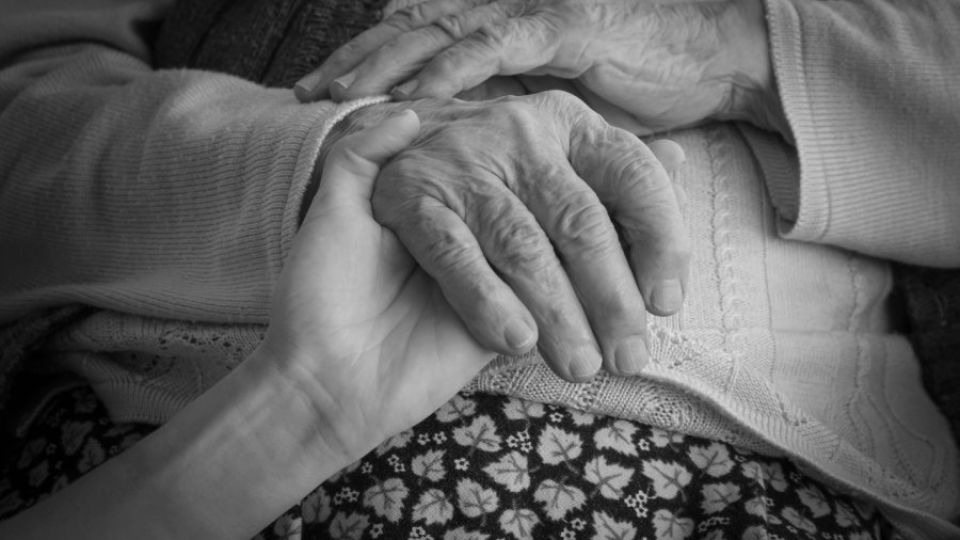September 22, 2023
SEOUL – As South Korea’s population ages at a rapid pace, the number of dementia patients in the country is also rising quickly, projected to exceed one million for the first time this year.
According to the “Current State of Dementia 2022” report released by the Ministry of Health and Welfare, 1 in 10 Koreans over the age of 65 suffers from dementia. The number of dementia patients aged 65 or older last year was 935,086, accounting for 10.38 percent of the senior population aged 65 or older. The figure was 710,000 in 2017 and 890,000 in 2021. Judging from the annual growth rate, the number is projected to exceed one million in 2023. Furthermore, the number is expected to dramatically increase to 1.42 million in 2030, 2.26 million in 2040, and 3.15 million in 2050, according to the report.
Experts stress the importance of the early detection of dementia.
“The early diagnosis and treatment of dementia help patients to have extended time to live independently by preventing the aggravation of the disease,” said Professor Lim Jae-seong of the Neurology Department at Asan Medical Center in Seoul and public relations director at the Korean Dementia Association.
The signs and symptoms of dementia may vary, but include those experiencing memory loss and poor judgement, difficulty speaking, wandering and getting lost in a familiar neighborhood, trouble handling money responsibly, repeating questions and taking longer to complete daily tasks. It may also include those symptoms, such as losing interest in normal daily activities, acting impulsively, not caring about other people’s feelings and experiencing hallucinations, delusions or paranoia, according to the ministry.
Although there is still no cure for dementia and related diseases like Alzheimer’s, leading a healthy lifestyle may help address the risk factors, according to the Central Dementia Center, run by the Health Ministry.
Ways of reducing the risk of dementia include controlling high blood pressure, managing blood sugar, maintaining a healthy weight and eating a nutritious diet, the center said. Keeping oneself physically and mentally active and connecting with family and friends also reduce the risks. The center also advised to treat hearing problems, sleep well and minimize alcohol consumption.
To raise public awareness of the disease, Korea in 2011 designated Sept. 21 as Dementia Day.
The government runs dementia care centers established at 256 public health centers nationwide to provide services including counseling, medical checkups, dementia prevention, therapeutic programs and case management for millions of patients and their family members, according to the ministry.
“Both the Korean people and the government need to pay attention and make an effort to overcome dementia. The government will actively promote preventative policies and care for patients in preparation for the rapid aging of the population,” said Lee Ki-il, the first vice minister of the Health Ministry.


